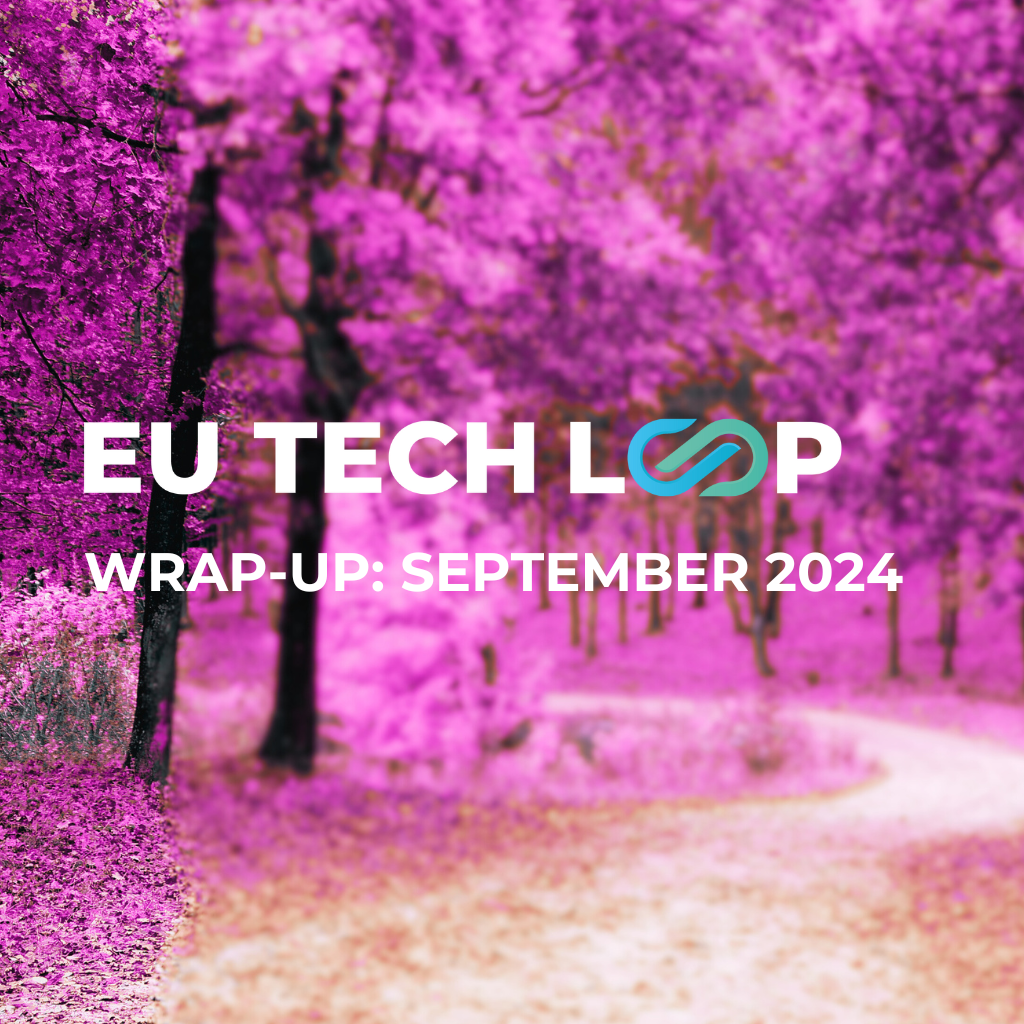EU Tech Loop wrap-up: September 2024
EU's September was rich in tech and telco debates: the proposed Commissioners were revealed, Draghi published his competitiveness proposals, the Commission's consultation results on digital infrastructure needs were released.

EU's September was rich in technology and telecom-related debates - the proposed College of Commissioners was revealed, Mario Draghi finally published his competitiveness proposals, the consultation results on the Commission's white paper 'How to master Europe’s digital infrastructure needs?' were published, while the Hungarian Presidency continued to push for Chat Control.
Here's a little recap of what we had to say:
Llama, Gemini, now iPhone - the impact of EU's tech regulations for consumers
EU's recent tech regulations, including the Digital Markets Act (DMA) and AI Act, have somewhat delayed product releases or functionalities availability for European consumers like Meta's Llama AI and Google's Gemini. Apple was similarly impacted, with its iPhone 16 Apple Intelligence arriving later in Europe due to continued compliance challenges. Find our full article here.
Draghi report: innovation, telco, tech and to-do's for smaller EU Member States
Mario Draghi's competitiveness report was one of the most discussed topics in the EU’s tech and telco circles this September. Draghi examined various ways to enhance the EU’s competitiveness, such as more focused (and less) innovation priorities, moving towards European-level funding projects, scaling AI companies through vertical integration to European industry, increased access to finance for European startups, as well as ways how to make the European unicorns stay in Europe. While praised for addressing tech overregulation over the past years, he also emphasized the need for telecom companies to scale within the EU. Find our full article here.
AI & EU: time to empower innovators
A number of companies, researchers, and think tanks published an open letter this month, urging the EU to rethink its approach to public data access for open-source AI models. The message is clear: the EU needs to establish clear, consistent regulations to support AI innovation, especially in open-source and multimodal AI models, because regulatory uncertainty, particularly around data usage, is stifling progress and putting Europe at risk of falling behind global AI competition. Find our full article here.
Bad ideas resurface: expanding telco rules to digital and cloud and rebirth of 'fair share'
Brussels is back to business, and so are the discussions on the white paper 'How to master Europe’s digital infrastructure needs'. The white paper discusses many important ideas, such as the reevaluation of security principles, the scaling of the EU’s telecommunications market (often resulting in a heated debate), the investment needs for the rollout of 5G, and more. However, two ideas: 1) extending legacy telecom rules (European Electronic Communications Code) to cloud and digital services, 2) the reincarnation of 'fair share' left us concerned. Find our full article here.
Google Cloud’s antitrust complaint against Microsoft explained
European tech antitrust saga continues - now taking a new form. In September, Google Cloud filed an antitrust complaint against Microsoft Azure, accusing it of anti-competitive practices through restrictive cloud licensing terms. Google Cloud argues that these practices lead to vendor lock-in, increasing costs, and limiting choice for customers. Find our full article here.

